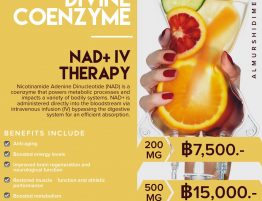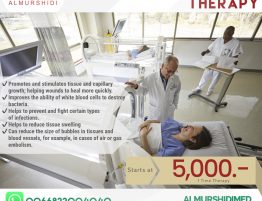
Frozen shoulder, also called adhesive capsulitis, causes pain and stiffness in the shoulder. Over time, the shoulder becomes very hard to move. Frozen shoulder occurs much more often in people with diabetes. Frozen shoulder can develop after a shoulder has been immobilized for a period of time due to surgery, a fracture, or other injury.
Stages of Frozen Shoulder
There are typically three stages:
- Freezing Stage: Shoulder becomes increasingly painful, and you slowly lose range of motion. This usually occurs over 6 to 9 weeks.
- Frozen Stage: This stage immediately follows the freezing stage and is usually less painful though the stiffness remains. This usually lasts roughly 4 to 6 months making daily activities very difficult.
- Thawing Stage: This stage is where the shoulder slowly improves with either a complete return to normal or close to normal strength and motion. This usually takes anywhere from 6 months to 2 years to happen.
Treatments of Frozen Shoulder
There are several ways to relieve pain and alleviate the condition. There are surgical and non-surgical treatments of frozen shoulder.
Non-surgical Treatments
Non-steroidal anti-inflammatory medicines: Drugs like aspirin and ibuprofen reduce pain and swelling.
Steroid injections: Cortisone is a powerful anti-inflammatory medicine that is injected directly into your shoulder joint.
Physical therapy: This can provide training in exercises to maintain as much mobility and flexibility as possible without straining the shoulder or causing too much pain.
Surgical Treatment
Surgery for frozen shoulder is typically offered during “Stage 2: Frozen.” The goal of surgery is to stretch and release the stiffened joint capsule.
Manipulation under anesthesia: During this procedure, you are put to sleep. Your doctor will force your shoulder to move which causes the capsule and scar tissue to stretch or tear. This releases the tightening and increases range of motion.
Shoulder arthroscopy: A minimally invasive type of surgery used in a small percentage of cases. A small endoscope, or tube, is inserted through a small incision into the shoulder joint to remove any scar tissue or adhesions.
Recovery
After surgery, physical therapy is necessary to maintain the motion that was achieved with surgery. Recovery times vary, from 6 weeks to 3 months.
Cost
The average frozen shoulder surgery cost $25,925, though prices can range from $6,900 to $31,650.
We, at Almurshidi Medical Tourism Agency can help you find the best Frozen Shoulder Treatment.
For any queries and details contact us now at
Email:almurshidi.medical@gmail.com
Line/Instagram: AlmurshidiMed
Whatsapp: +66 822 004 040






